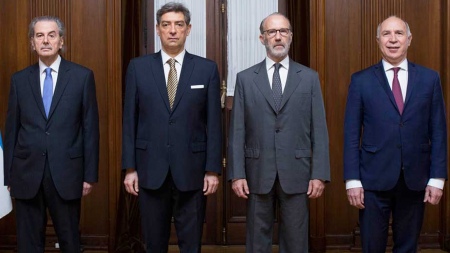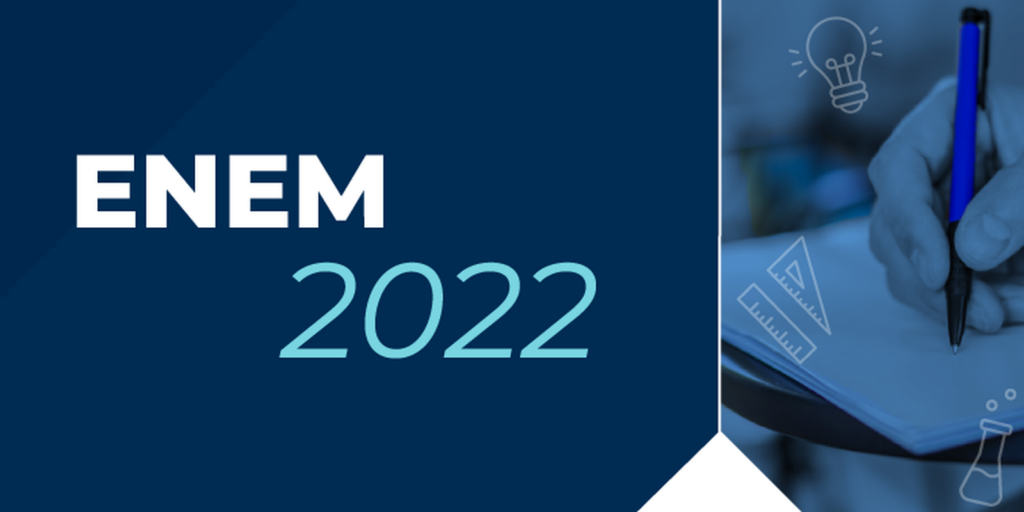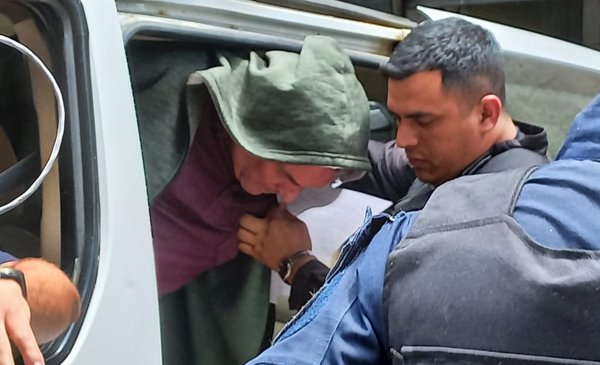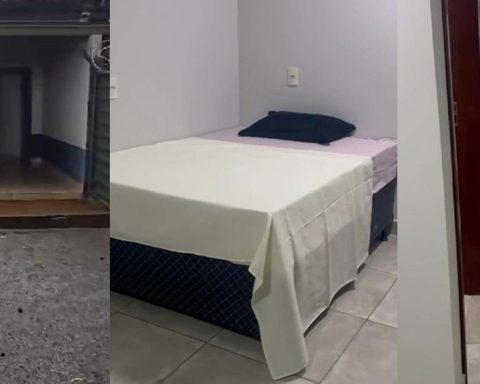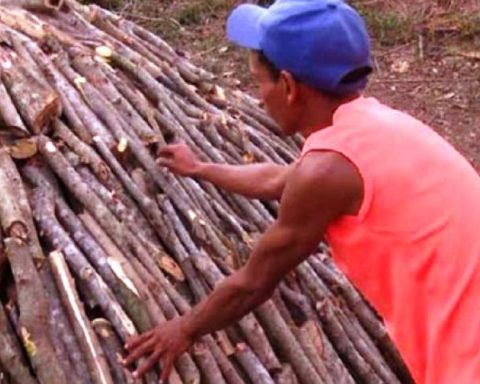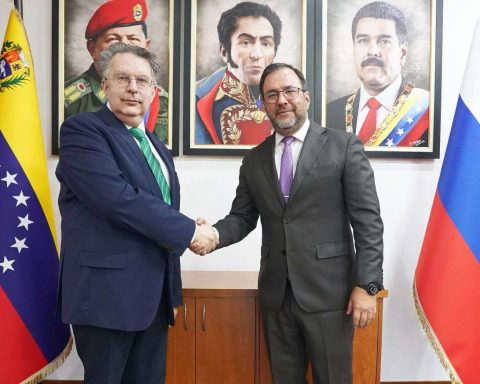The Supreme Court of Justice begins this Thursday the judicial year with the first meeting agreementin a context determined by the impeachment request that supports the ruling party in Congress against the four members of the highest court.
The face-to-face meeting, on the fourth floor of the Palacio de Tribunales, takes place under the repercussions of the leak of the virtual conversations between Silvio Roblesright hand of the president of the court, and the Buenos Aires Minister of Security and Justice on leave, Marcelo D’Alessandro.
In that exchange, leaked at the end of last year, the main collaborator of the Supreme Court Horacio Rosatti and the minister of Horacio Rodríguez Larreta’s management coordinated and commented on the communication of the conflict over the appointment of the pro-government senator Martín Doñate in the Council of the Magistracy, place claimed by the opposition senator of Together for Change (JxC) Luis Juez.
“In 5 I’ll give you a letter so that you can move it,” Robles wrote in one of the exchanges with the Buenos Aires official, and then attached a long text with the alleged reasons why the ruling party could not choose Doñate as its representative.
Everything indicates that the tails of that scandal between Rosatti’s office and the Buenos Aires ministry in a political-judicial dispute will be discussed at the agreement meeting.
Internal disputes and the Court’s agenda
In institutional terms, the closure of the investigation on the chats in record time and during the fair of the federal judge Sebastián Ramos, on an exculpatory opinion of the prosecutor Carlos Stornelli, would close the issue, although the matter is still valid in the internal of the high court.
It is not a secret in court that Ricardo Lorenzetti has questioned Robles’ actions since Rosatti became president and this Thursday’s meeting appears as an ideal space to undermine Rosatti’s collaborator if he so decides.
Beyond the conduct of its members, the supreme court has a high-impact agenda in the immediate futurewhich involves the co-participation of taxes received by the city of Buenos Aires and the political distribution of seats in the Council of the Magistracy, the body that elects and removes judges.

Regarding the co-participation, the Court ruled last December in favor of the City in its dispute over the funds with the Nation and raised its participation to 2.95 percent of the distributable funds.
The Government immediately appealed the decision and requested that the court be formed with co-judges who did not participate in the ruling and the Court has a definition pending on these requests.
Regarding the conflict in the Council of the Magistracy, the Court defined that the separation of the pro-government bloc had been a “ruse” to have more representatives and that therefore the bench corresponded to the opposition.
The ruling party ratified its appointment of Martín Doñate and in response the Court left the oath of the four senators pending, with which the body that selects and elevates shortlisted judges to the Executive Branch is still pending integration.
The conflict of powers worsened in the last hours for Rosatti when the director of Legal Affairs of the Senate, Graciana Peñafort, presented a challenge against the magistrate with the conviction that, as president of the Council, he cannot intervene because he would be “a judge and part”.
